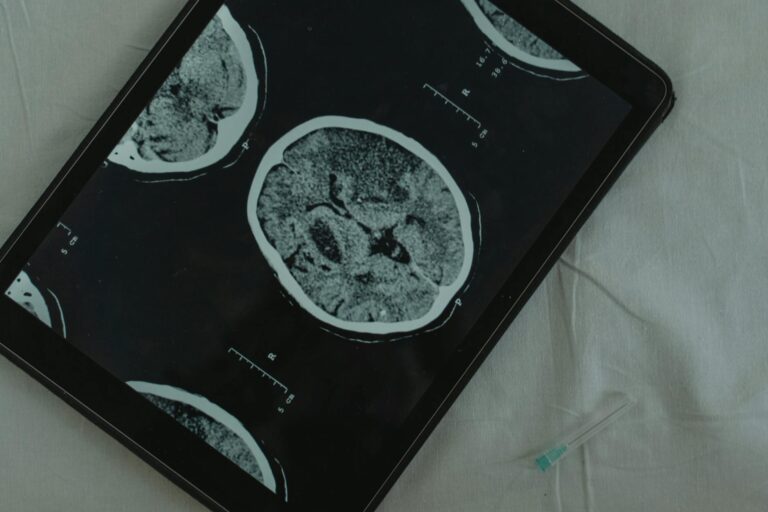Differentiating Mild Cognitive Impairment from Dementia
As we age, it’s common to experience some decline in cognitive abilities. However, not all cognitive changes are the same. Understanding the differences between mild cognitive impairment (MCI) and dementia is crucial for proper diagnosis and care.
### Normal Aging vs. Mild Cognitive Impairment
Normal aging involves slower memory recall and processing, but these changes do not significantly impact daily life. In contrast, mild cognitive impairment is a condition where cognitive changes are noticeable and problematic, yet not severe enough to interfere with daily activities. People with MCI might use reminders more frequently or struggle with learning new information, but they can still live independently.
### Mild Cognitive Impairment
MCI is often described as a gray area between normal age-related changes and dementia. It affects up to 20% of people over 50 and can increase the risk of developing dementia. However, not everyone with MCI will progress to dementia. Symptoms of MCI include memory challenges, difficulty with organization, and trouble making decisions. Despite these challenges, individuals with MCI generally maintain their independence.
### Dementia
Dementia is a more severe condition that significantly impairs cognitive function, affecting memory, language, and problem-solving abilities. Alzheimer’s disease is the most common form of dementia. People with dementia often struggle with daily tasks, such as managing finances or taking medication, and may become lost in familiar places. As dementia progresses, individuals may lose the ability to perform simple tasks like bathing or dressing.
### Key Differences
– **Impact on Daily Life**: MCI does not significantly interfere with daily activities, while dementia does.
– **Cognitive Symptoms**: MCI typically involves memory issues without other cognitive deficits, whereas dementia affects multiple cognitive domains.
– **Progression**: MCI may or may not progress to dementia, but dementia is a progressive condition.
### Diagnosis and Evaluation
To determine if cognitive changes are due to normal aging, MCI, or dementia, a healthcare provider will conduct a thorough evaluation. This includes reviewing medical history, performing a physical exam, and assessing cognitive function. It’s helpful to have a family member or friend present to provide additional insights into any changes observed.
In summary, while both MCI and dementia involve cognitive decline, the key difference lies in their impact on daily life and the severity of cognitive symptoms. Understanding these differences is essential for providing appropriate care and support.





